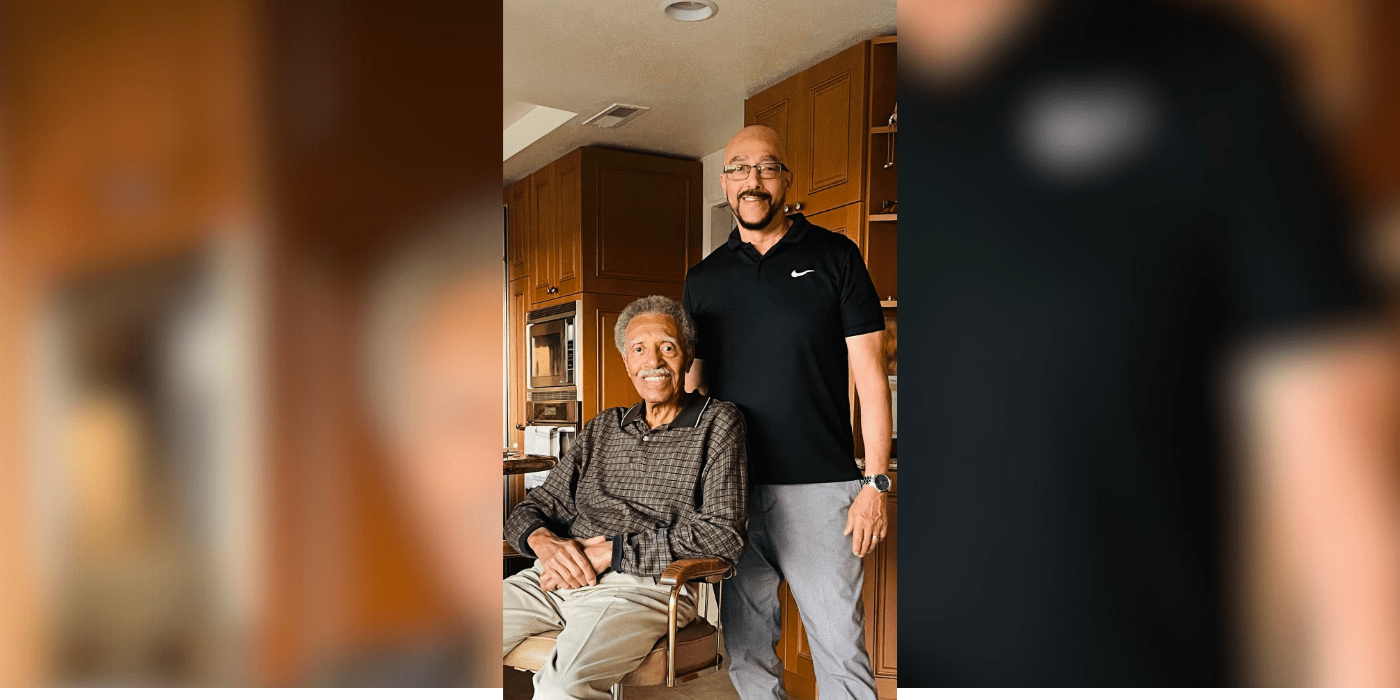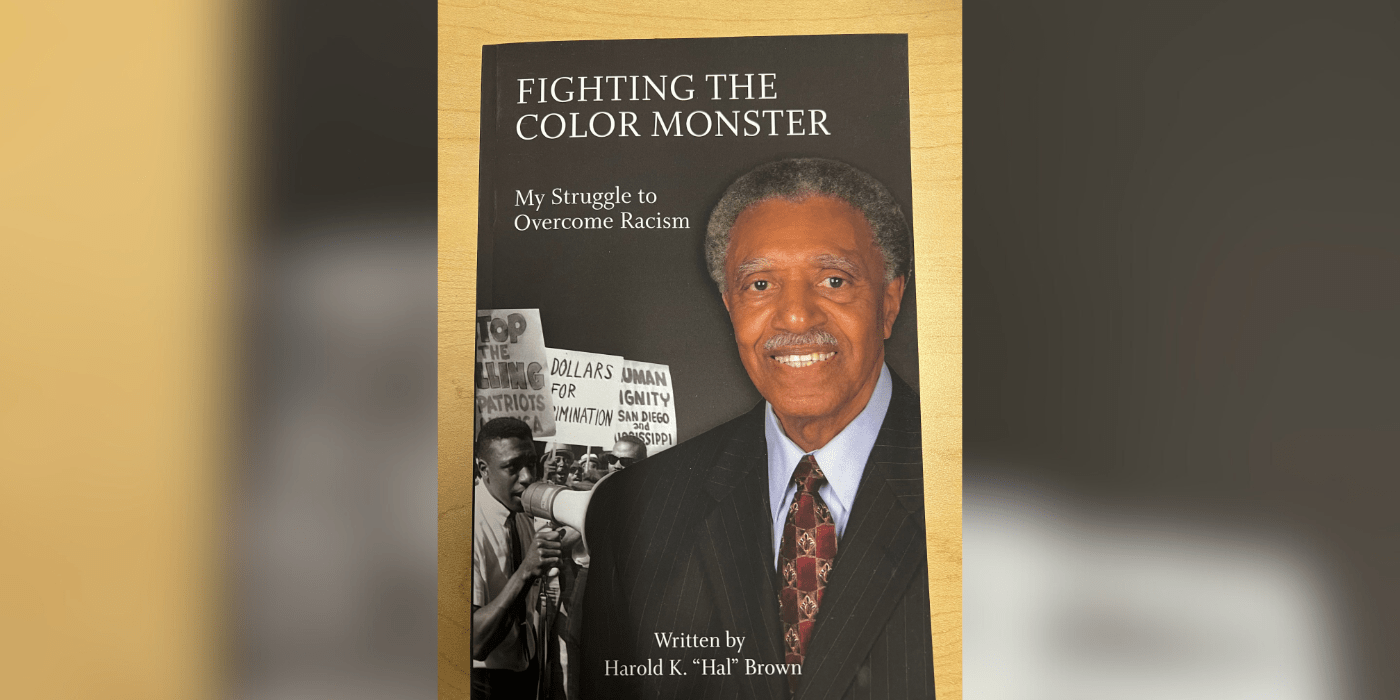
Throughout history, there are individuals whose actions resonate beyond their own lifetimes and shape the course of society by inspiring future generations. Harold (“Hal”) Brown stands as one of those unsung heroes whose dedication to civil rights and social justice continues to influence others, and in particular, his own son, Department of Kinesiology Chair Michael Brown.
Born in an era marred by racial segregation and inequality, Hal Brown grew up witnessing the systemic injustices entrenched within society. This environment ignited his fervor for change. Hal’s journey into activism began quietly but soon became an impassioned roar against discrimination and prejudice. He was even jailed for demonstrating against the injustices he and others endured, such as housing and employment discrimination.
If the conditions facing Blacks had not changed, how could I face my children when they become old enough to ask me why we didn’t try to change things?
-Hal K. Brown
Hal says that being a father made his involvement in the civil rights movement even more important.
“If the conditions facing Blacks had not changed, how could I face my children when they become old enough to ask me why we didn’t try to change things?” he asked.
As a child growing up in San Diego, California, Michael also felt the presence of strained race relations and the struggle for equity. Detailed in his father’s book, entitled “Fighting the Color Monster: My Struggle to Overcome Racism,” one of Michael’s earliest memories is of someone attacking his father with a knife during a picnic. Eight-year-old Michael grabbed a nearby glass Coca-Cola bottle and handed it to his dad so he could defend himself. Fortunately, the incident ended without anyone getting injured. This memory helped shape the man Michael would eventually become.

Despite the attempt on his life, Hal was unwavering in his commitment to the cause. He lent his voice to the civil rights movement and fearlessly confronted the oppressive systems of structural racism of his time through his important work chairing the San Diego chapter of the Congress of Racial Equality (CORE). His belief in equality and justice was not just a philosophy; it was a guiding principle that he lived by and an example he set for those around him.
Hal's legacy extends far beyond his public activism. It lives on in the heart and soul of his son. Michael says that his father’s book was written out of “a lived experience that came through a lot of struggles.” He says Hal “always had a vision of empowering the Black community.” Michael often recalls stories of his father's courage and determination in the face of adversity. Hal’s dedication to justice left an indelible mark on Michael, shaping his worldview and fueling his drive to advocate for equality in both his personal and professional lives.
My earliest memories were grounded in civil rights activities, so it’s who I am now. The science has been awesome, but it’s really not my purpose.
-Michael D. Brown
Today, Michael shares that diversity, equity, and inclusion are “the centerpiece” of his entire career. He is most proud of mentoring underrepresented doctoral students and seeing their successes. “My father has inspired me to push through all the resistance,” he said. “My earliest memories were grounded in civil rights activities, so it’s who I am now. The science has been awesome, but it’s really not my purpose.”